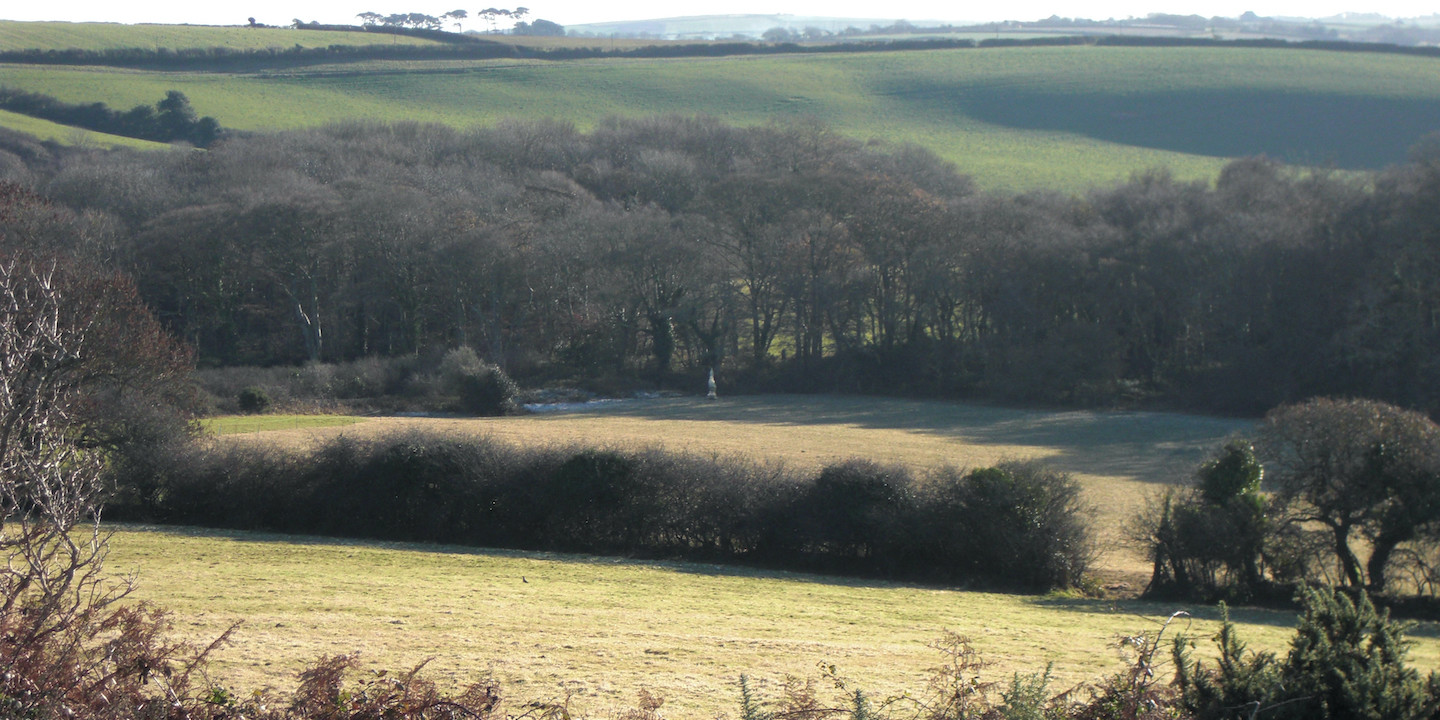TECHNOLOGY UPDATE: We are now connected to BT Infinity Superfast broadband. This is a direct connection to the farm and gives us broadband speeds that make people less fortunate gasp with envy! It’s available in all the cottages, and we don’t charge for it
Organic Conversion. It is now several years since we completed all the stages of Organic Conversion – a two year period of abiding by the Soil Association rules followed by a period to convert the livestock. The whole farm is now fully Organically Certified by the Soil Association and all our products can carry the Certified Organic label. It’s no way to make money, but we do it because it feels right and to avoid having to deal with chemical sprays and fertilisers. The increases in wildlife around the farm have been wonderful to watch too.
We are also in the ‘Countryside Stewardship’ scheme which encourages us to farm in a way which is both ecologically and environmentally friendly – which goes hand in hand with Organic conversion. Stewardship also helps us to undertake various farm conservation projects. The most visible was the construction of a half acre lake on one corner of the farm. This has been in place for several years now and is settling down nicely. It is a lovely feature of the farm, and hopefully will continue to get better and better as nature takes its course. It’s purpose is purely to make a wildlife habitat, and we will not attempt to exploit it commercially, so there will be no stocking with fish or anything like that, but we are delighted with the difference it has made to that corner of the farm. Ducks, herons, egrets and a kingfisher have all been seen close by, and it has proved a wonderful place to swim in summer for those who don’t expect blue chlorinated water and white tiles to dive into!
Meanwhile, three quarters of the farm continues to revert to flower-rich meadows, with traditional varieties of grass and no fertilisers encouraging this. Late cutting of hay or silage also improves the process, as the flowers get the chance to seed. We are already noticing more diversity in the pastures. Numerous unusual flower and wild grass species are appearing all over the farm, and the fields we cut for hay this summer were looking genuinely like traditional flower rich pastures. We are also fencing off the woodland area to limit cattle grazing and promote regeneration of the woodland habitat, and this year have been replanting the orchard with old cornish varieties of apple, pear, plum and cherry.
